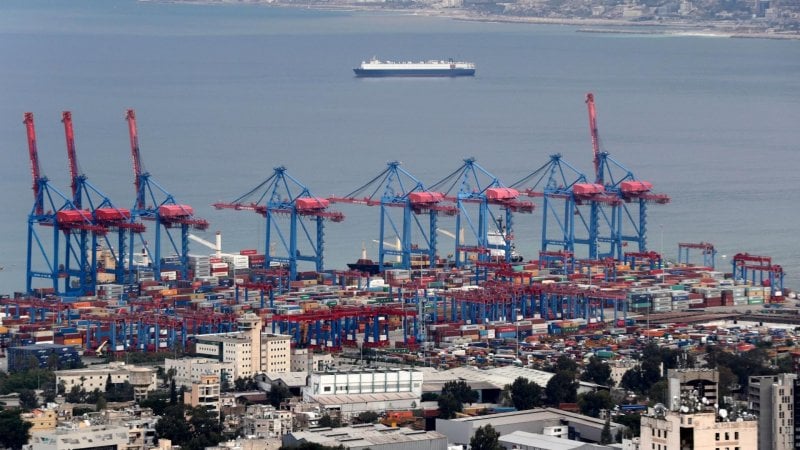
An urgent call to resolve the crisis of paralysis in customs and port clearance systems and its repercussions on merchants and consumers.
For the second time in three months, the Syndicate of Licensed Goods Clearers and the Beirut Merchants Association are facing major difficulties as a result of the continued disruption in the “Najm” customs and “CAMA” port systems. These two bodies sent an urgent appeal to the Ministries of Finance and Public Works, demanding immediate and effective intervention to overcome the technical obstacles that hinder the movement of goods clearance in public facilities, especially the port of Beirut.
This dysfunction causes direct and indirect financial losses to merchants, which negatively affects the prices of final products borne by the consumer. These losses include additional storage fees incurred by merchants as a result of delays in removing containers, forcing them to pay additional fees to shipping companies and ground fees within the port or private warehouses.
In addition, the paralysis of the two systems leads to delayed delivery of goods, a shortage of inventory in companies and shops, and the loss of important selling opportunities, especially in seasons and periods of peak demand. It also increases the risk of damage to sensitive goods such as food, medicines and chemicals, as a result of their prolonged stay in containers. All of these factors raise the operational cost, and increase transportation and distribution costs due to the need to modify logistical plans and use additional services to speed up delivery.
In general, the slowdown in the Beirut Port increases the financial burden on merchants, weakens their competitiveness, and directly affects the prices paid by the consumer. An informed source explains that “the disruption in these two systems directly affects the national economy and the market’s ability to meet the needs of the Lebanese consumer, especially at this stage that requires revitalizing local markets, ensuring the availability of goods in all sectors, and facilitating commercial and economic movement.” The source points out that “developing and modernizing the Najm and CAMA systems to solve the gaps and adopting full mechanization in the processes of removing goods and paying fees is the ideal solution, and this matter has not been achieved yet, and its responsibility falls on the Ministries of Finance and Works.”
The source adds: “We are waiting for a response to our demands, and we hope that the relevant ministers will address this matter quickly, because it negatively affects the clearance of goods and their availability in the market, especially with the approaching holiday season in which merchants need time to organize and display their goods. The delay also affects prices, because the longer the goods are delayed at the port, the higher the fees on them, and this reflects negatively on the consumer who bears these costs.” Costs.”
The source refuses to specify a number for the losses resulting from the paralysis, stressing that “the losses are incurred by legitimate merchants who adhere to legal procedures, while there are illegal merchants who are able to clear their goods in their own ways and without adhering to official procedures.”
Source: Lebanon Today
















